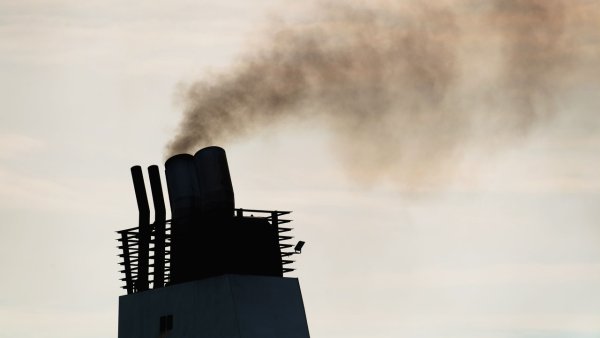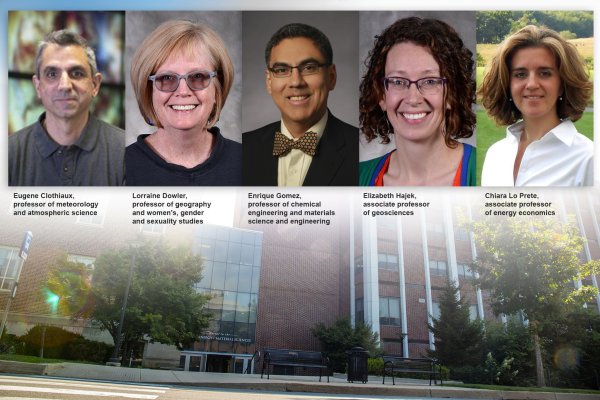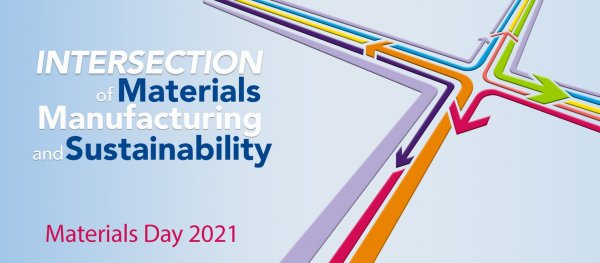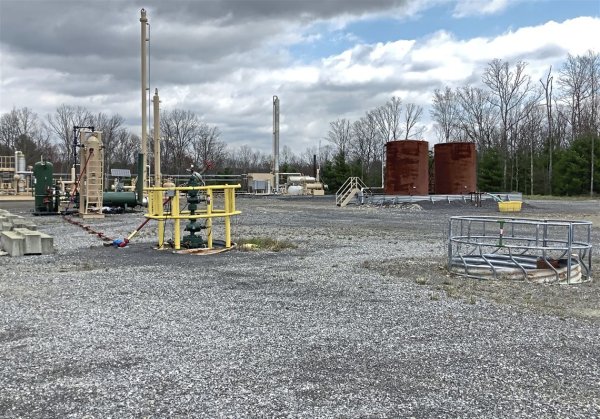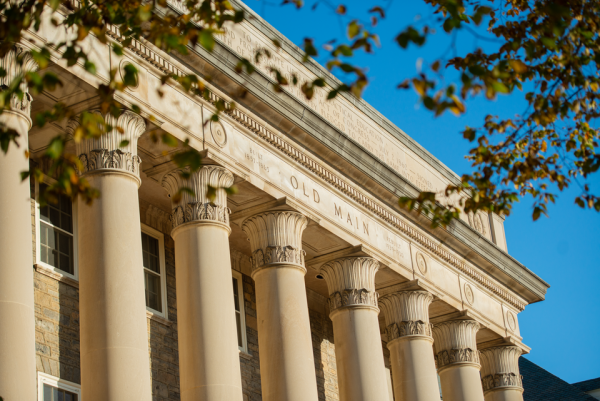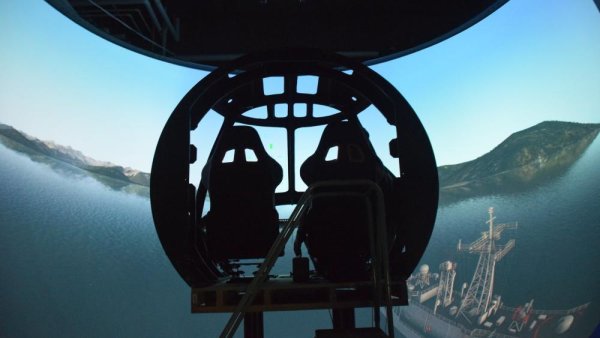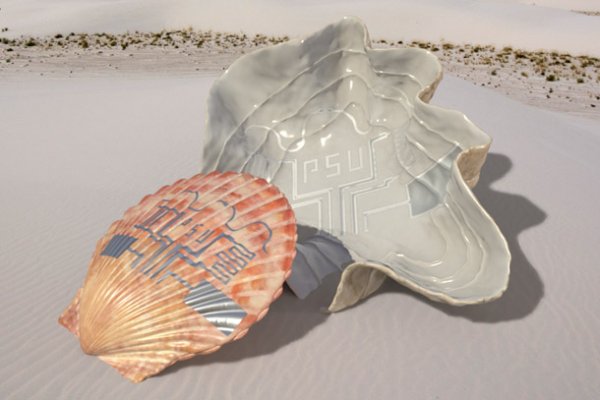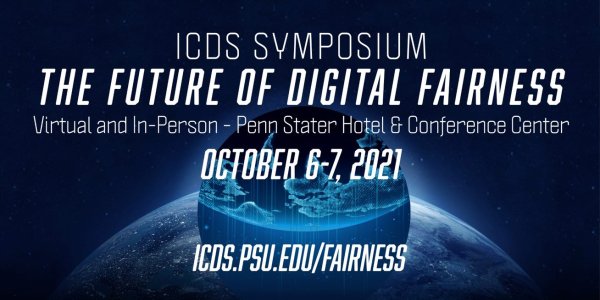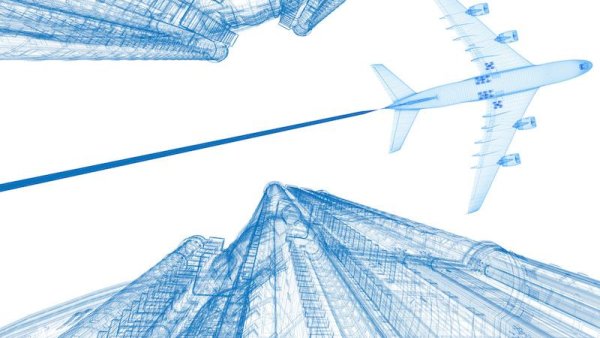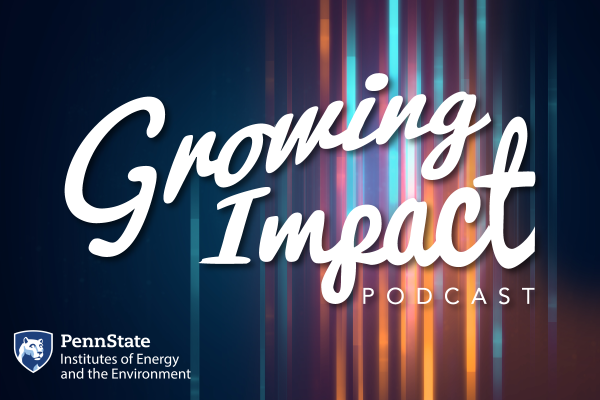Are we finally ready to tackle the other greenhouse gas?
| newyorker.com
The smokestack of a ship might help us deal with spiking levels of methane.
Department associate heads appointed to amplify diversity efforts in EMS
| news.psu.edu
The College of Earth and Mineral Sciences has provided funding for each of its five departments to appoint associate heads for diversity, equity and inclusion.
Registration now open for Penn State's marquee materials research event
| news.psu.edu
The annual Materials Day will be held Oct 12-13 in a hybrid remote/in-person format with the theme "The Intersection of Materials, Manufacturing and Sustainability."
Electrical engineering grad student wins award in international poster contest
| psu.edu
Kaustav Chatterjee, a third-year electrical engineering doctoral student at Penn State, received second place in the graduate student poster contest at the 2021 Institute of Electrical and Electronics Engineers Power and Energy Society (IEEE PES) general meeting, held virtually from July 26-29.
A laboratory at scale: A hydrogen and carbon storage project in Clinton County is tapping into all the trends
| post-gazette.com
A 7,000 acre plot of land in Clinton County now holds four natural gas wells and a small liquefied natural gas facility, but is envisioned as the home of Pennsylvania's first hydrogen and carbon capture storage project.
Undergraduate Research Ambassadors now accepting applications
| news.psu.edu
Applications are now being accepted to the Undergraduate Research Ambassadors program, which works to promote undergraduate research at all campuses and within all academic disciplines at Penn State.
Penn State Vertical Lift Research Center of Excellence renewed for sixth time
| psu.edu
The Penn State Vertical Lift Research Center of Excellence (VLRCOE) was renewed for another five years through a cooperative agreement with the U.S. Army, U.S. Navy and NASA. In its 25th year as one of three such centers in the United States, VLRCOE received about $7.5 million to investigate 10 new tasks related to vertical lift technology and related educational activities over the next five years.
Printing circuits on irregular surfaces with pulses of light
| news.psu.edu
Printable electronics could cause a proliferation of smart, connected devices, from household appliances that can communicate with each other to medical diagnostic sensors that can be placed on the body to forgo invasive procedures. Led by Penn State, an international team of researchers developed a low-cost, low-heat transfer technique that can print biodegradable electronics on a variety of complex geometries and, potentially, human skin.
World-renowned data science experts to discuss the future of digital fairness
| news.psu.edu
The two-day ICDS Fall Symposium will be held Oct. 6 and 7 to bring together researchers from around the U.S. to discuss data, equity, reproducibility and other topics related to fairness in data science. The speakers and panelists will lead discussions on the ownership of artificial intelligence models and data, unintentional bias, data manipulation transparency, reproducibility and more.
Hypersonic, autonomous flight research bolstered by $1.5 million grant
| psu.edu
Puneet Singla, professor of aerospace engineering, is principal investigator on a recently awarded $1.5 million, three-year grant from the United States Department of Defense to study autonomous flight in hypersonic vehicles.
Podcast discusses creating inexpensive catalysts for renewable energy
| news.psu.edu
The latest episode of the Growing Impact podcast discusses a seed grant project that is exploring the development of new catalysts used in the process of splitting water into hydrogen and oxygen for use as renewable energy.
Growing Impact: Accelerating renewable energy
| Featuring Mauricio Terrones, Lauren Zarzar
Splitting water into hydrogen and oxygen requires a lot of energy. By introducing catalysts into the process, these renewable energy sources can be created more efficiently. The challenge is that these catalysts use precious metals and are expensive. Mauricio Terrones and Lauren Zarzar are working on a novel method to develop inexpensive and efficient catalysts to split water.

